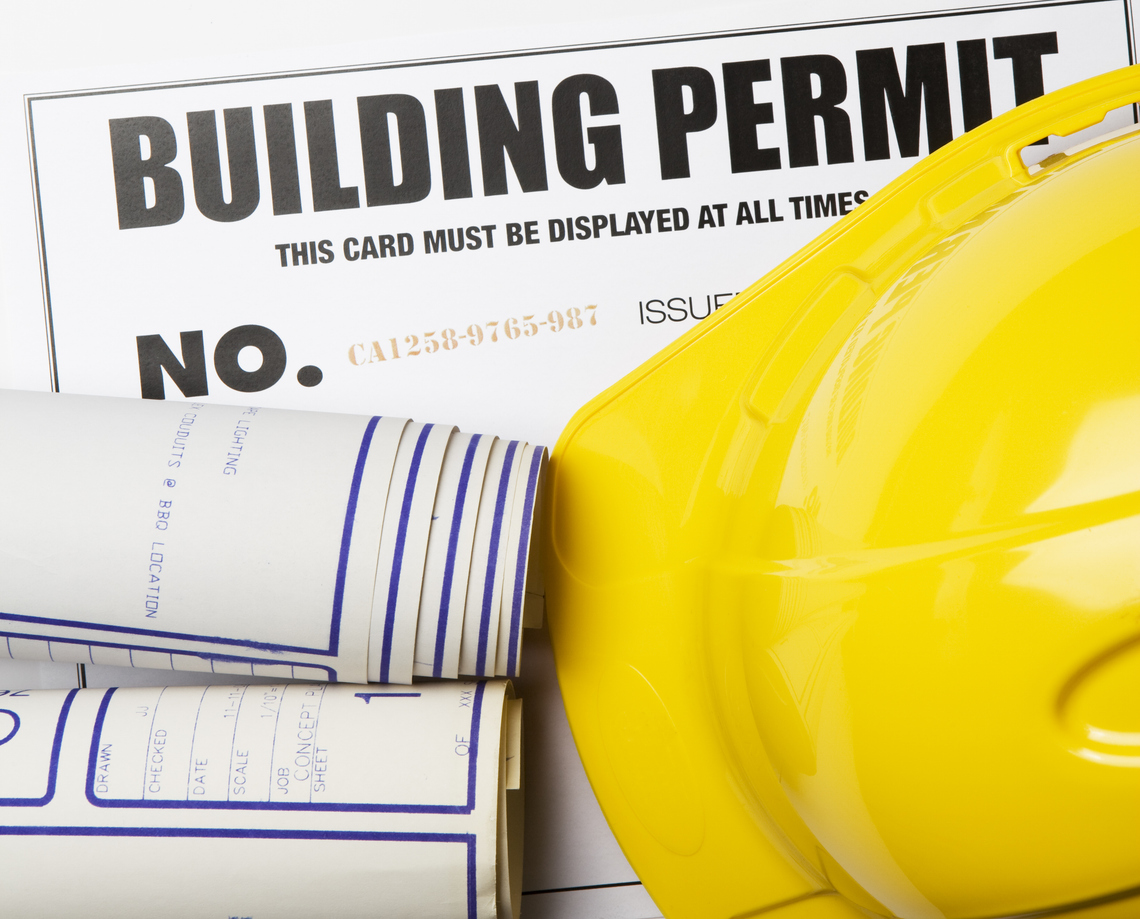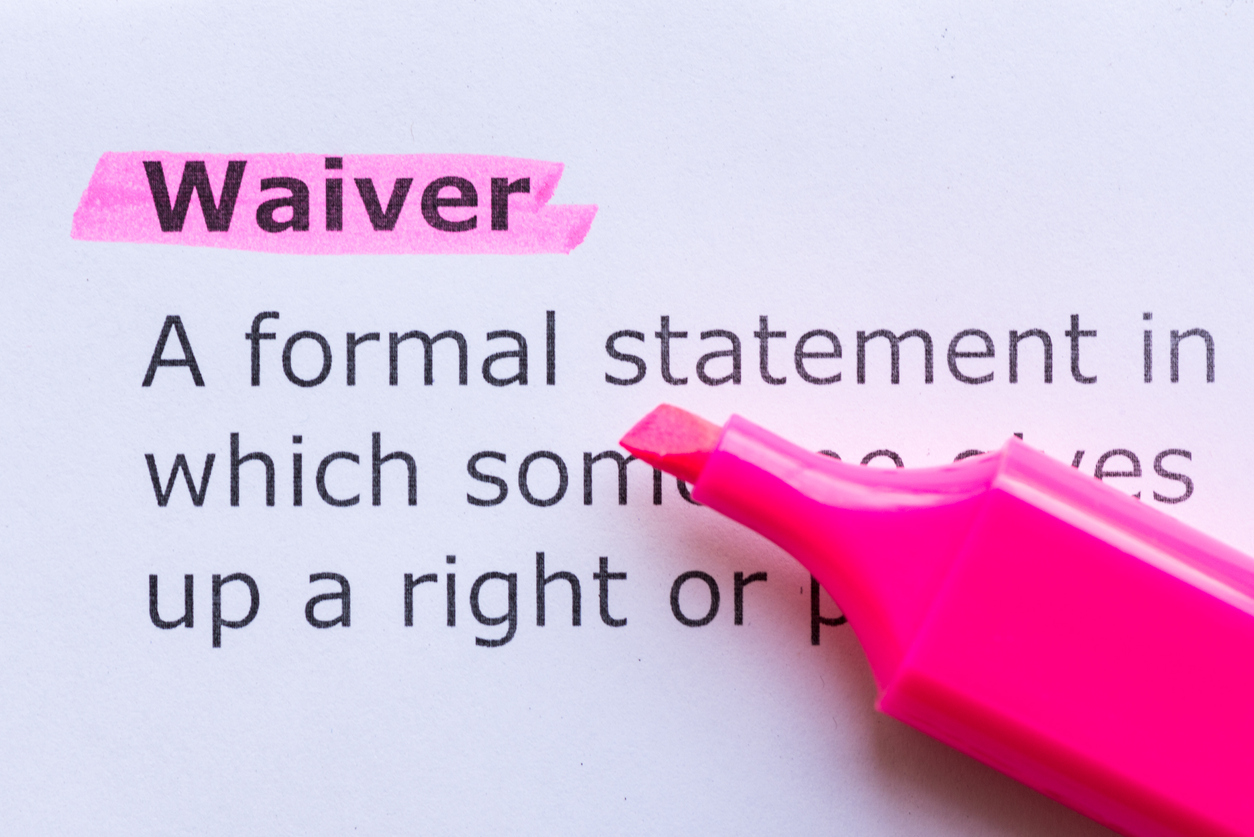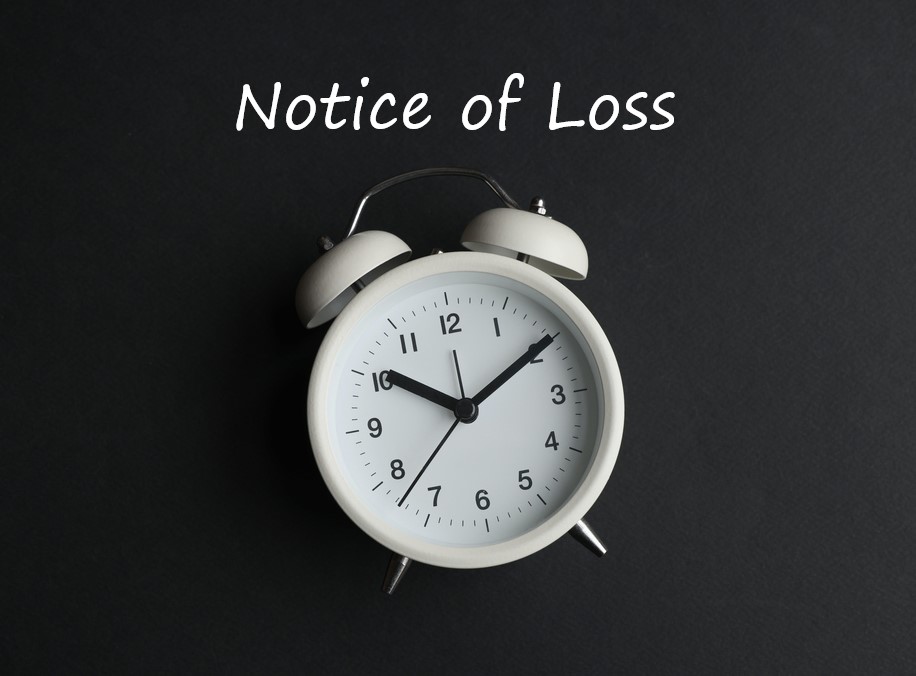You are using an outdated browser. Please upgrade your browser to improve your experience.
Explore Our Articles
Topics
States
- Alabama
- Alaska
- Arizona
- Arkansas
- California
- Colorado
- Florida
- Georgia
- Hawaii
- Illinois
- Kansas
- Kentucky
- Louisiana
- Maine
- Massachusetts
- Michigan
- Mississippi
- Missouri
- Nebraska
- Nevada
- New Hampshire
- New Jersey
- New Mexico
- New York
- North Carolina
- Ohio
- Oklahoma
- Pennsylvania
- Puerto Rico
- South Carolina
- South Dakota
- Tennessee
- Texas
- Vermont
- Virgin Islands
- Virginia
- Washington
- West Virginia
- Wisconsin
- Wyoming












